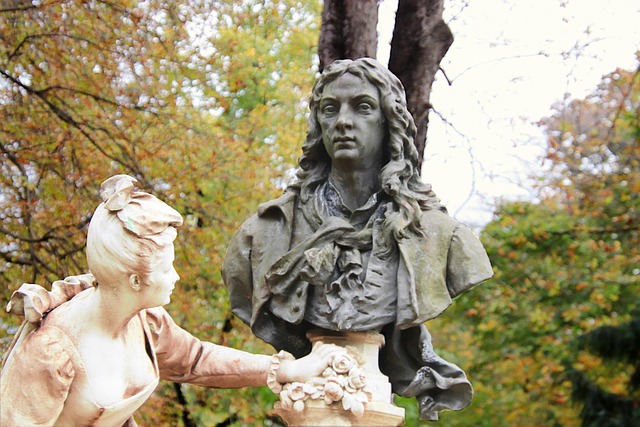Eugene, Oregon's history is rooted in 19th-century pioneer spirit, driven by agricultural opportunities and the founding of the University of Oregon in 1873. The university catalyzed intellectual growth, cultural activities, and economic diversification, solidifying Eugene's reputation as a vibrant academic hub with a rich cultural heritage, all attributed to its University of Oregon impact.
Eugene, Oregon’s vibrant city, boasts a rich history dating back to its founding in the 19th century. This article explores the early settlement and evolution of Eugene, focusing on the motivations of its pioneering residents. We delve into the establishment of the University of Oregon and its profound impact on the community’s growth and cultural identity. From agriculture and logging to trade and transportation, we uncover the key industries that shaped Eugene’s economy during its formative years, highlighting the University of Oregon’s pivotal role in this journey.
- Early History and Settlement
- – When and how Eugene began as a town
- – First settlers and their motivations
Early History and Settlement

Eugene, nestled in the heart of beautiful central Oregon, has a rich history that dates back to ancient Native American tribes who found solace in its lush landscapes and abundant resources. The city’s founding story begins with the arrival of European settlers in the mid-19th century. One of the key factors that drew these pioneers was the region’s natural beauty and its potential for agriculture, thanks to the fertile soils and moderate climate.
The early settlers, many of whom were driven by the promise of new opportunities, played a pivotal role in shaping Eugene. They established farms, built communities, and eventually contributed to the establishment of what would become the University of Oregon in 1873. The university’s impact on the region was profound, attracting more settlers and fostering intellectual growth. This period laid the foundation for Eugene’s development into a thriving city, with its rich cultural heritage and scenic charm remaining integral parts of its identity today.
– When and how Eugene began as a town

Eugene, Oregon, began its journey as a thriving town in the late 19th century, thanks to a series of strategic decisions and the pioneering spirit of its early settlers. The area was first surveyed in 1853, but it wasn’t until 1867 that formal settlement commenced. The founding of Eugene is closely tied to the arrival of the railroad, which played a pivotal role in shaping the town’s destiny. With the establishment of the railroad hub, the region experienced a surge in population and economic activity.
The early settlers were drawn to Eugene by its potential for agriculture, especially with the fertile Willamette Valley providing ideal conditions for farming. The University of Oregon, founded in 1873, also significantly contributed to the town’s growth. As the academic institution grew, so did the surrounding community, fostering a vibrant and intellectual atmosphere that continues to define Eugene today.
– First settlers and their motivations

The first settlers to Eugene, Oregon, were drawn by a combination of factors that included the promise of fertile land and opportunities for education and economic growth. The region’s rich agricultural potential was a significant lure, especially for families seeking to establish themselves in a new home with abundant resources. Many of these early pioneers were also motivated by the establishment of the University of Oregon in 1873, which brought intellectual and cultural vibrancy to the area, fostering a thriving community that attracted even more settlers.
The University of Oregon played a pivotal role in shaping Eugene’s early development, serving as a hub for social and educational activities that fostered a sense of community among the settlers. The institution’s impact extended beyond academia, contributing to the region’s economic diversification and cultural richness, which, in turn, drew even more individuals and families to call Eugene home.














